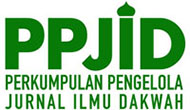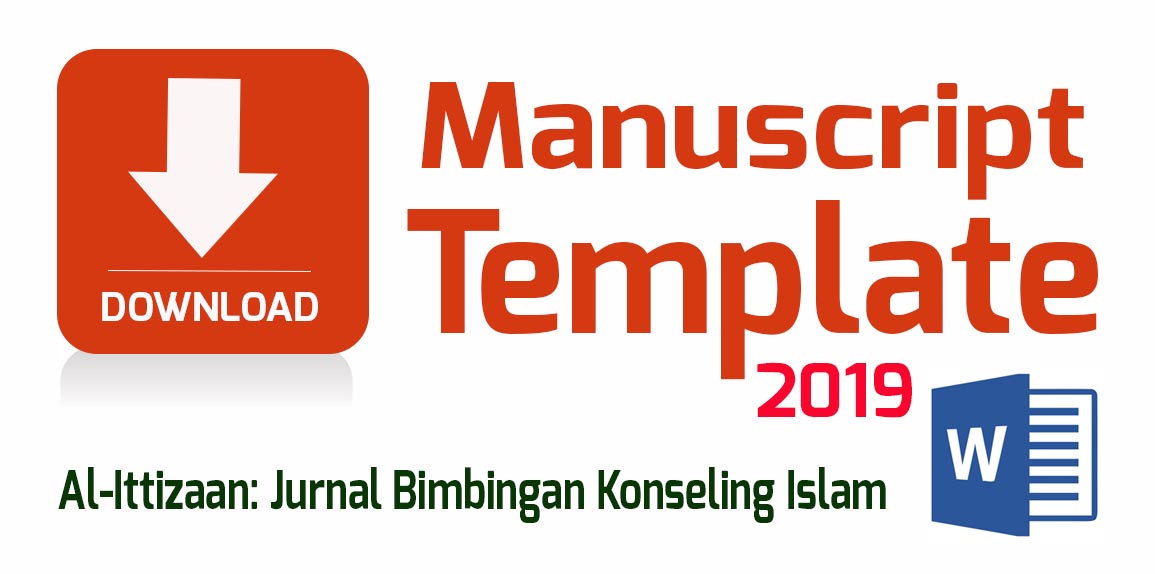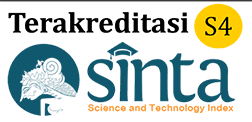The Relationship Between Self-Concept and Career Choice Maturity of Students Based on Gender
Abstract
Keywords
Full Text:
PDFReferences
Almaida, D. S., & Febriyanti, D. A. (2019). Hubungan Antara Konsep Diri Dengan Kematangan Karir Pada Siswa Kelas Xi Smk Yayasan Pharmasi Semarang. Jurnal EMPATI, 8(1), 87–92. https://doi.org/10.14710/empati.2019.23579
Álvarez González, M. (2008). Career maturity: a priority for secondary education. Electronic Journal of Research in Educational Psychology, 16(3), 749–772.
Atli, A. (2017). Five‐Factor Personality Traits as Predictor of Career Maturity. Egitim Arastirmalari - Eurasian Journal of Educational Research, 2017(68), 151–165. https://doi.org/10.14689/ejer.2017.68.8
Coertse, S., & Schepers, J. M. (2004). Some personality and cognitive correlates of career maturity. SA Journal of Industrial Psychology, 30(2), 56–73. https://doi.org/10.4102/sajip.v30i2.150
Dewi, F. N. R. (2021). Konsep Diri pada Masa Remaja Akhir dalam Kematangan Karir Siswa. KONSELING EDUKASI “Journal of Guidance and Counseling,” 5(1), 46–62. https://doi.org/10.21043/konseling.v5i1.9746
Efendy, M., & Haryanti, A. (2020). Konsep Diri dan Kematangan Karir pada Mahasiswa Tingkat Akhir. Sukma: Jurnal Penelitian Psikologi, 1(01), 21–29. Retrieved from http://jurnal.untag-sby.ac.id/index.php/sukma/article/view/3590
Hidayah, P. N., & Savira, S. I. (2020). Hubungan Antara Citra Diri Dengan Kematangan Karir Pada Siswa Madrasah Aliyah. Jurnal Penelitian Psikologi, 7(4).
Istiana. (2017). The Relationship between Self Concepts and Career Maturity Viewed from Students’ Gender at Panca Budi Medan, Indonesia. IOSR Journal Of Humanities And Social Science (IOSR-JHSS, 22(9), 56–66. https://doi.org/10.9790/0837-2209035666
Jannah, M. (2017). Remaja Dan Tugas-Tugas Perkembangannya Dalam Islam Adolesence ’ S Task and Development in Islam. Jurnal Psikoislamedia, 1(April), 243–256.
Kim, K. N., & Oh, S. H. (2013). Effects of social constraints on career maturity: The mediating effect of the time perspective. Asia Pacific Education Review, 14(2), 221–229. https://doi.org/10.1007/s12564-013-9240-6
Lailatunnikma, L., & Nastiti, D. (2021). Overview of Career Maturity in Class XII Students in High School. Academia Open, 4, 1–10. https://doi.org/10.21070/acopen.4.2021.2756
Leary, M. R. & Tangney, J. . (2012). Handbook of self and identity. New York: Guilford Press.
Mabel, S. B., & Nagarenitha, M. (2016). Career Maturity and Career Decision-Making - a Review. International Education & Research Journal [IERJ], 2(12), 56–57.
Mabiana. (2010). Career Maturity, Career Knowledge, and Self Knowledge Among Psychology Honours, (April).
Mardhiyah, K. Z., & Indianti, W. (2019). Mediasi Konsep Diri Akademik Dalam Peran Regulasi Diri Belajar Terhadap Komitmen Kepada Pilihan Karir Siswa Sma. Jurnal Psikologi Insight, 2(2), 67–83. https://doi.org/10.17509/insight.v2i2.15169
Mercer, S. (2011). Towards an understanding of language learner self-concept. New York: Springer.
Munawir, M., Yusuf, A. M., Effendi, Z. M., & Afdal, A. (2018). Internal Locus of Control and Self-Concept as Factors Affecting the Career Maturity of High School Students. International Journal of Research in Counseling and Education, 1(2), 24. https://doi.org/10.24036/0018za0002
Mustaffa Tekke, & Faiz Adam Ghani. (2013). Examining Career Maturity among Foreign Asian Students : Academic Level. Journal of Education and Learning, 7(1), 29–34.
Oyserman, D., Elmore, K., & Smith, G. (2012). Self, self-concept, and identity. Dalam Mark R. Leary dan June Price Tangney (Eds). Handbook of self and identity (2nd ed). New York: The Guilford Press.
Papalia, D. E, Olds, S.W & Feldman, R. . (2009). Perkembangan manusia edisi kedua. Jakarta: Salemba Humanika.
Prasasti, D. S. D., & Laksmiwati, H. (2017). Perbedaan Kematangan Karir Ditinjau Dari Konsep Diri dan Gender Pada Siswa Kelas X Di SMA PGRI 1 Kota Mojokerto. Psikologi Pendidikan, 4(1), 1–7.
Purnasari, K. D., & Abdullah, S. M. (2018). Harga Diri Dan Kematangan Karier Pada Mahasiswa Tingkat Akhir. Insight: Jurnal Ilmiah Psikologi, 20(1), 51. https://doi.org/10.26486/psikologi.v20i1.633
Purwandika, R., & Ayriza, Y. (2020). Pengaruh Konsep Diri Terhadap Kematangan Karir Peserta Didik Sma. Jurnal Ecopsy, 7(2), 26–30. https://doi.org/10.20527/ecopsy.v7i2.6543
Rosa, E. (2017). Hubungan Konsep Diri Dengan Kematangan Karir Peserta Didik Kelas XI di SMA YP Unila Bandar Lampung Tahun Ajaran 2017/2018. Universitas Islam Negeri Raden Intan Lampung.
Rosalin, S., & Agustina, R. (2020). Pengaruh Gender dan Perbedaan Jurusan terhadap Kematangan Karir Mahasiswa Program Diploma Tiga Sekretaris Pendidikan Vokasi. JKI (Jurnal Konseling Indonesia), 6(1), 21–27.
Saputro, K. Z. (2018). Memahami Ciri dan Tugas Perkembangan Masa Remaja. Aplikasia: Jurnal Aplikasi Ilmu-Ilmu Agama, 17(1), 25. https://doi.org/10.14421/aplikasia.v17i1.1362
Supreet, K., & Mamta, J. (2018). Career Maturity of Students with Visual Impairment in Relation to their Self Efficacy and Self Advocacy. Journal of Social Sciences, 14(1), 30–42. https://doi.org/10.3844/jssp.2018.30.42
Syahraeni, A. (2020). Pembentukan Konsep Diri Remaja. Jurnal Bimbingan Penyuluhan Islam, 7(1), 61–76.
DOI: http://dx.doi.org/10.24014/ittizaan.v6i1.21827
Refbacks
- There are currently no refbacks.
Copyright (c) 2023 Al-Ittizaan: Jurnal Bimbingan Konseling Islam

This work is licensed under a Creative Commons Attribution 4.0 International License.
 Indexed By:
Indexed By:
Al-Ittizaan Journal is licensed under a Creative Commons Attribution 4.0 International License.








.png)


